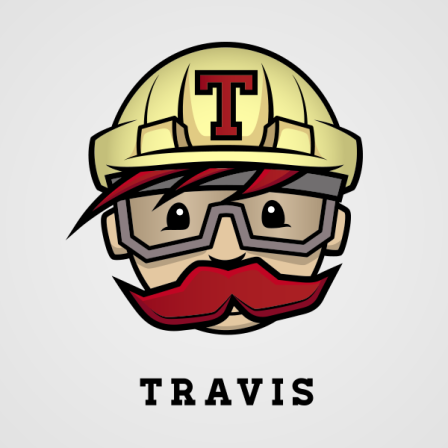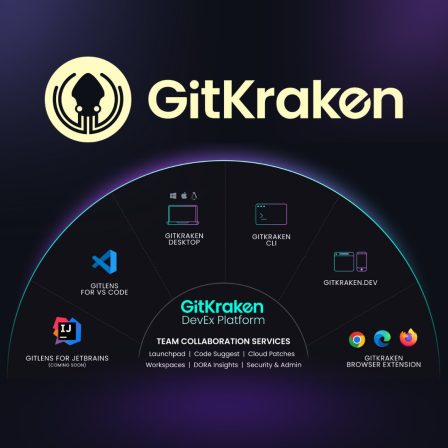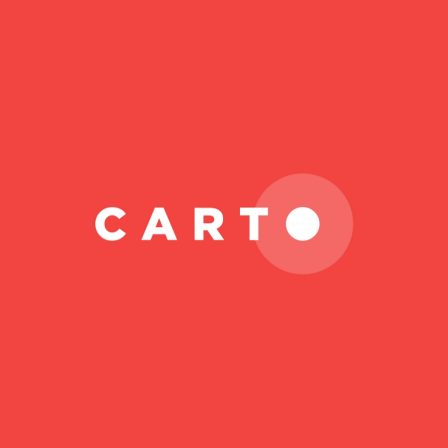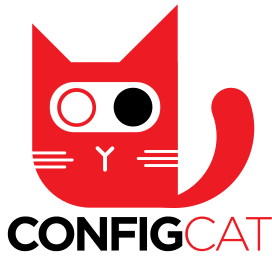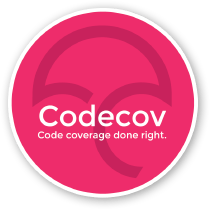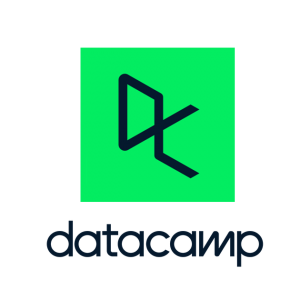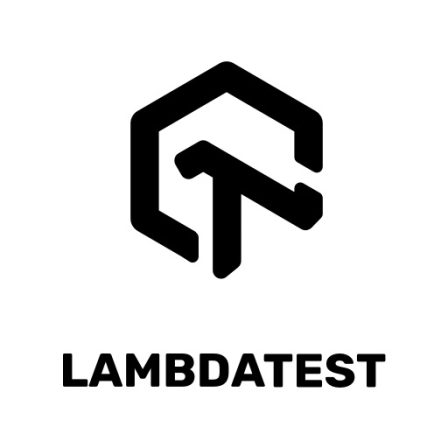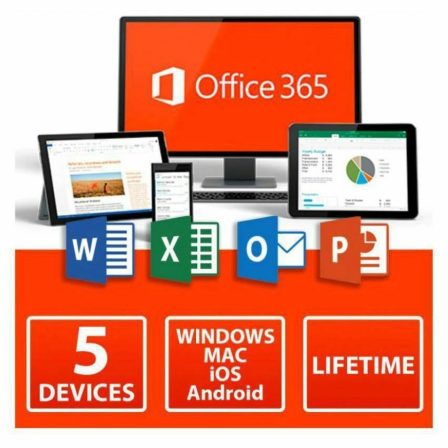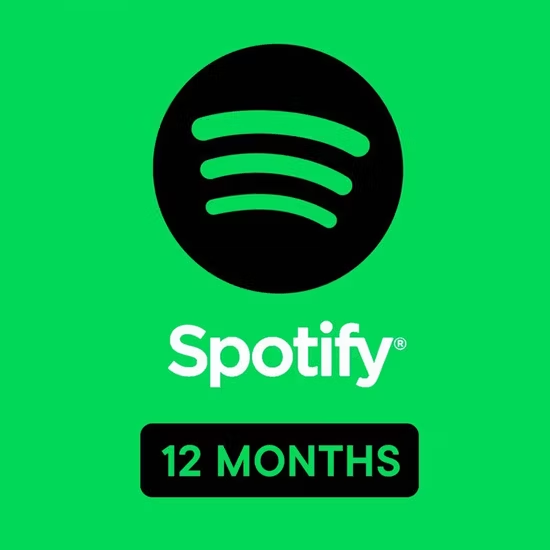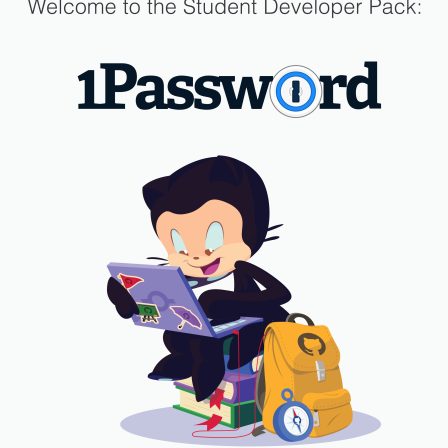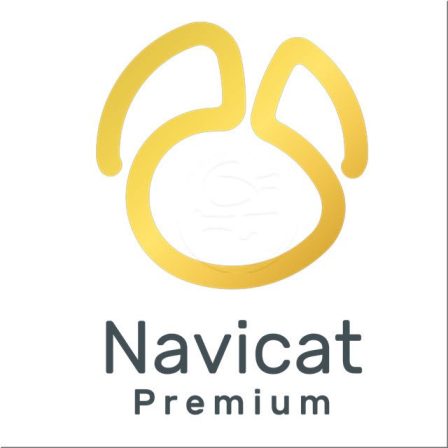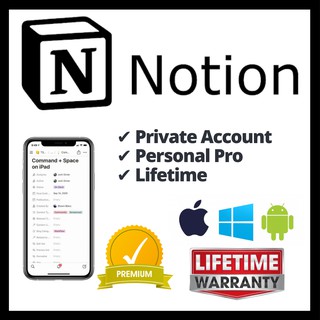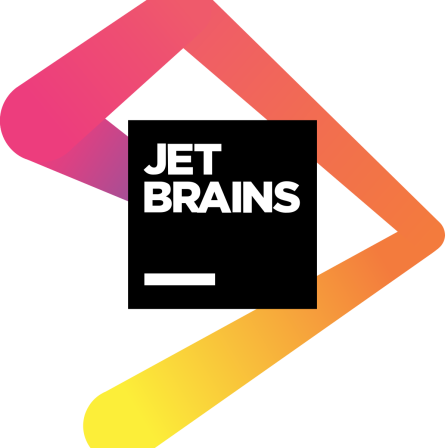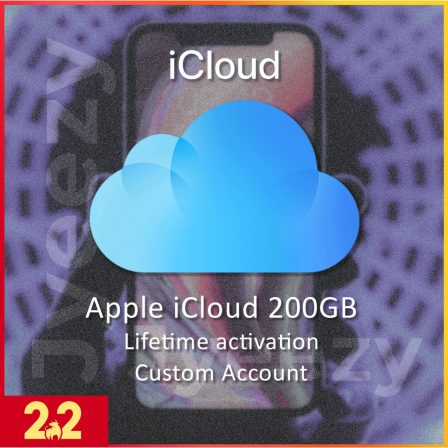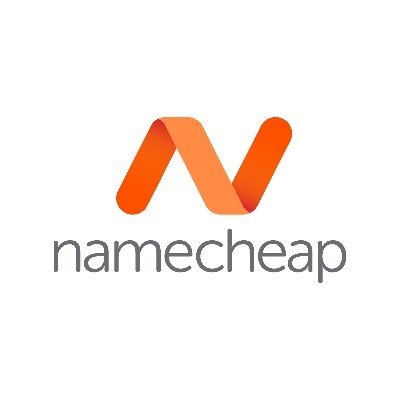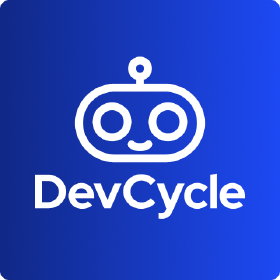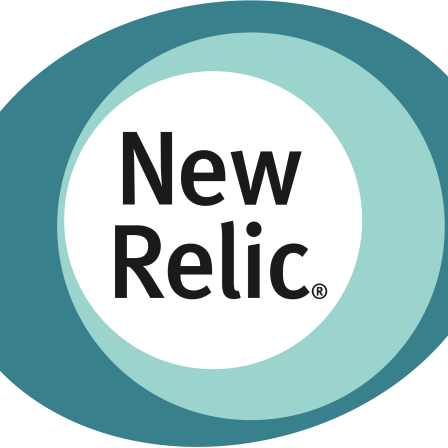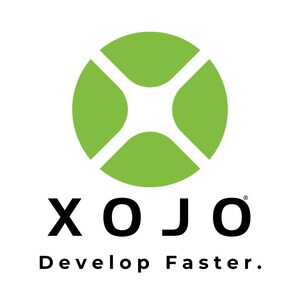There is no item in your cart
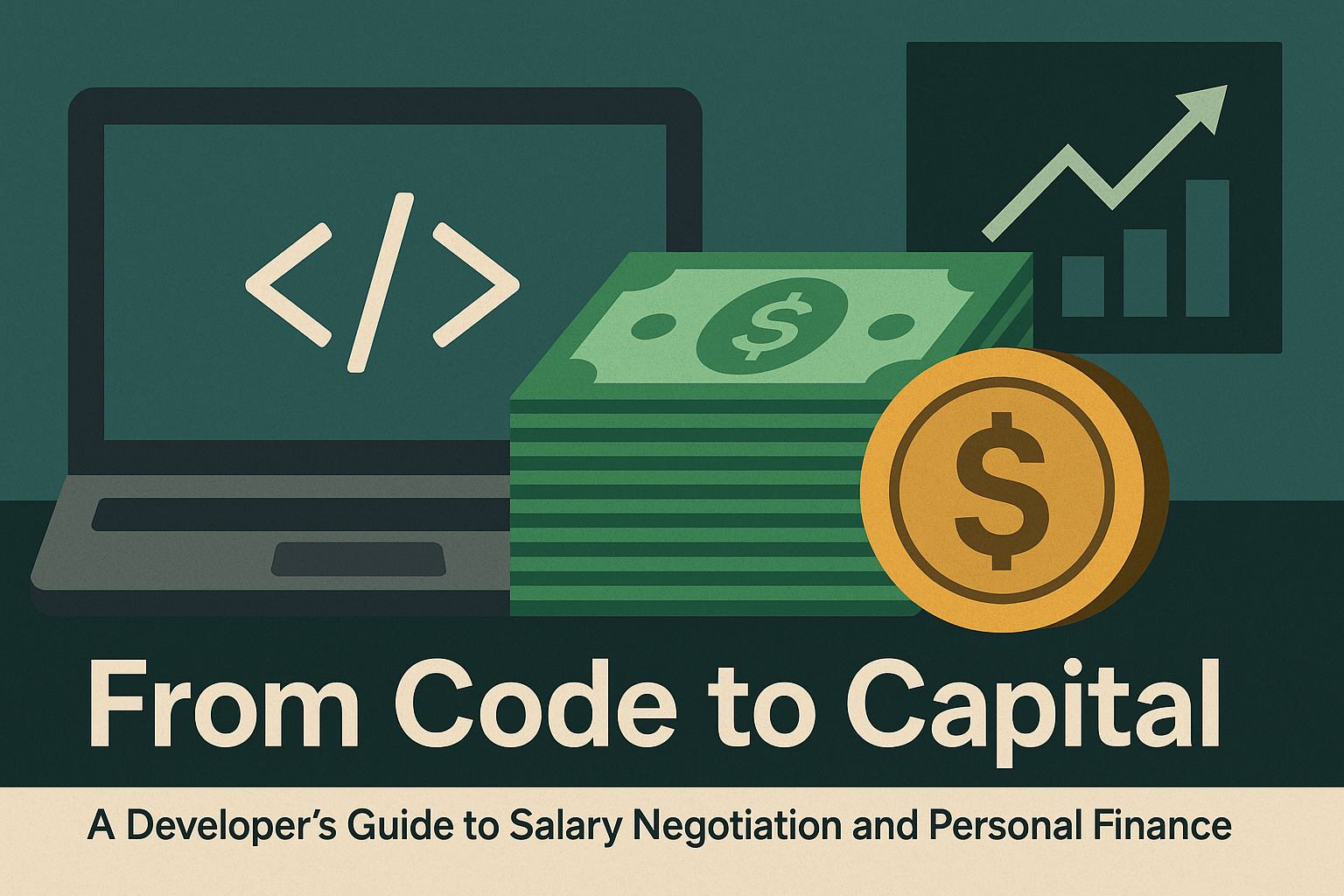
From Code to Capital: A Developer’s Guide to Salary Negotiation and Personal Finance
As a software developer, you are skilled at building complex, logical systems. But are you applying the same level of strategic thinking to building your own wealth? Earning a high salary is just the starting point; turning that income into long-term financial security requires a plan.
Many highly-paid tech professionals miss out on building substantial wealth simply due to a lack of a clear financial framework. This guide is not financial advice, but a set of principles tailored for the unique opportunities and challenges of a career in tech, from negotiating your compensation to investing in your most valuable asset: yourself.
Part 1: The Art of Negotiation – Maximizing Your Income
Your salary is the foundation of your financial future. Getting it right is the highest-leverage activity you can perform.
- Know Your Market Worth: Don’t guess. Use resources like levels.fyi to research real, verified compensation data for your role, level, and location. Enter negotiations armed with data.
- Negotiate Total Compensation, Not Just Salary: Your base salary is only one piece of the puzzle. Understand and negotiate all components:
- Bonus: Performance-based cash incentives.
- Equity (Stock/RSUs): This is often where long-term wealth is built. Understand the vesting schedule and the company’s potential.
- Signing Bonus: A one-time bonus for joining the company, often used to offset unvested equity you’re leaving behind.
- The Power of a Competing Offer: The single most effective tool in any negotiation is a competing offer. It provides objective proof of your market value.
Part 2: The Developer’s Financial “Stack”
Once you’re earning, you need a system to manage your capital. Think of it like a personal financial stack with four key layers:
- Your “Runtime” (Living Expenses): These are your necessary monthly costs (rent, food, utilities). Keep this lean and optimized.
- Your “Failover” (Emergency Fund): This is 3-6 months of living expenses in a safe, easily accessible savings account. This is your personal high-availability system that protects you from unexpected events like a layoff.
- Your “Scaling Engine” (Investments): This is where your wealth grows. For most, the simplest and most effective strategy is consistently investing in low-cost, diversified index funds.
- Your “R&D Budget” (Investing in Yourself): This is the most important bucket. Earmark a portion of your income specifically for investing in your skills. This has the highest possible ROI. A subscription to [AlgoExpert] to prep for a FAANG interview, an all-access pass to [Frontend Masters] to learn a new framework, or a professional [JetBrains] license to make you more productive—these aren’t expenses; they are investments in your future earning potential.
Part 3: Secure Your Stack
As your financial life becomes more complex, so do the security risks. Use a robust password manager like [1Password] or [Dashlane] to secure all your financial, brokerage, and cryptocurrency accounts with strong, unique passwords.
Conclusion
Applying an engineering mindset—systems thinking, data-driven decisions, and using the right tools—to your personal finances can be life-changing. Your career is your biggest asset; learning how to manage its financial output is one of the most powerful skills you can ever acquire.
The best investment you can ever make is in yourself. By mastering new skills, you directly increase your earning potential. At SMONE, we provide access to the world’s best learning platforms and professional tools that serve as the foundation for your career growth. Explore our collection, invest in your skills, and take control of your financial future.
